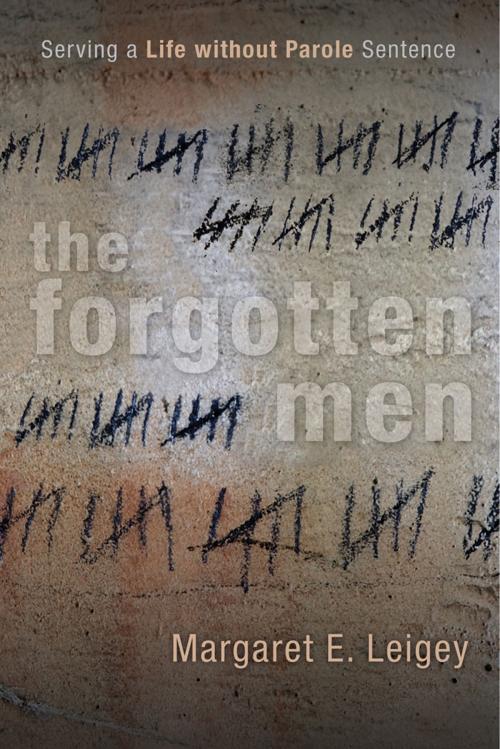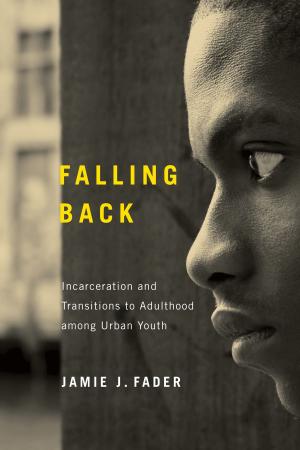The Forgotten Men
Serving a Life without Parole Sentence
Nonfiction, Reference & Language, Law, Criminal law, Social & Cultural Studies, Social Science, Crimes & Criminals, Criminology| Author: | Margaret E. Leigey | ISBN: | 9780813573656 |
| Publisher: | Rutgers University Press | Publication: | May 8, 2015 |
| Imprint: | Rutgers University Press | Language: | English |
| Author: | Margaret E. Leigey |
| ISBN: | 9780813573656 |
| Publisher: | Rutgers University Press |
| Publication: | May 8, 2015 |
| Imprint: | Rutgers University Press |
| Language: | English |
Today there are approximately fifty thousand prisoners in American prisons serving life without parole, having been found guilty of crimes ranging from murder and rape to burglary, carjacking, and drug offences. In The Forgotten Men, criminologist Margaret E. Leigey provides an insightful account of a group of aging inmates imprisoned for at least twenty years, with virtually no chance of release.
These men make up one of the most marginalized segments of the contemporary U.S. prison population. Considered too dangerous for rehabilitation, ignored by prison administrators, and overlooked by courts disinclined to review such sentences, these prisoners grow increasingly cut off from family and the outside world. Drawing on in-depth interviews with twenty-five such prisoners, Leigey gives voice to these extremely marginalized inmates and offers a look at how they struggle to cope. She reveals, for instance, that the men believe that permanent incarceration is as inhumane as capital punishment, calling life without parole “the hard death penalty.” Indeed, after serving two decades in prison, some wished that they had received the death penalty instead. Leigey also recounts the ways in which the prisoners attempt to construct meaningful lives inside the bleak environment where they will almost certainly live out their lives.
Every state in the union (except Alaska) has the life-without-parole sentencing option, despite its controversial nature and its staggering cost to the taxpayer. The Forgotten Men provides a much-needed analysis of the policies behind life-without-parole sentencing, arguing that such sentences are overused and lead to serious financial and ethical dilemmas.
Today there are approximately fifty thousand prisoners in American prisons serving life without parole, having been found guilty of crimes ranging from murder and rape to burglary, carjacking, and drug offences. In The Forgotten Men, criminologist Margaret E. Leigey provides an insightful account of a group of aging inmates imprisoned for at least twenty years, with virtually no chance of release.
These men make up one of the most marginalized segments of the contemporary U.S. prison population. Considered too dangerous for rehabilitation, ignored by prison administrators, and overlooked by courts disinclined to review such sentences, these prisoners grow increasingly cut off from family and the outside world. Drawing on in-depth interviews with twenty-five such prisoners, Leigey gives voice to these extremely marginalized inmates and offers a look at how they struggle to cope. She reveals, for instance, that the men believe that permanent incarceration is as inhumane as capital punishment, calling life without parole “the hard death penalty.” Indeed, after serving two decades in prison, some wished that they had received the death penalty instead. Leigey also recounts the ways in which the prisoners attempt to construct meaningful lives inside the bleak environment where they will almost certainly live out their lives.
Every state in the union (except Alaska) has the life-without-parole sentencing option, despite its controversial nature and its staggering cost to the taxpayer. The Forgotten Men provides a much-needed analysis of the policies behind life-without-parole sentencing, arguing that such sentences are overused and lead to serious financial and ethical dilemmas.















